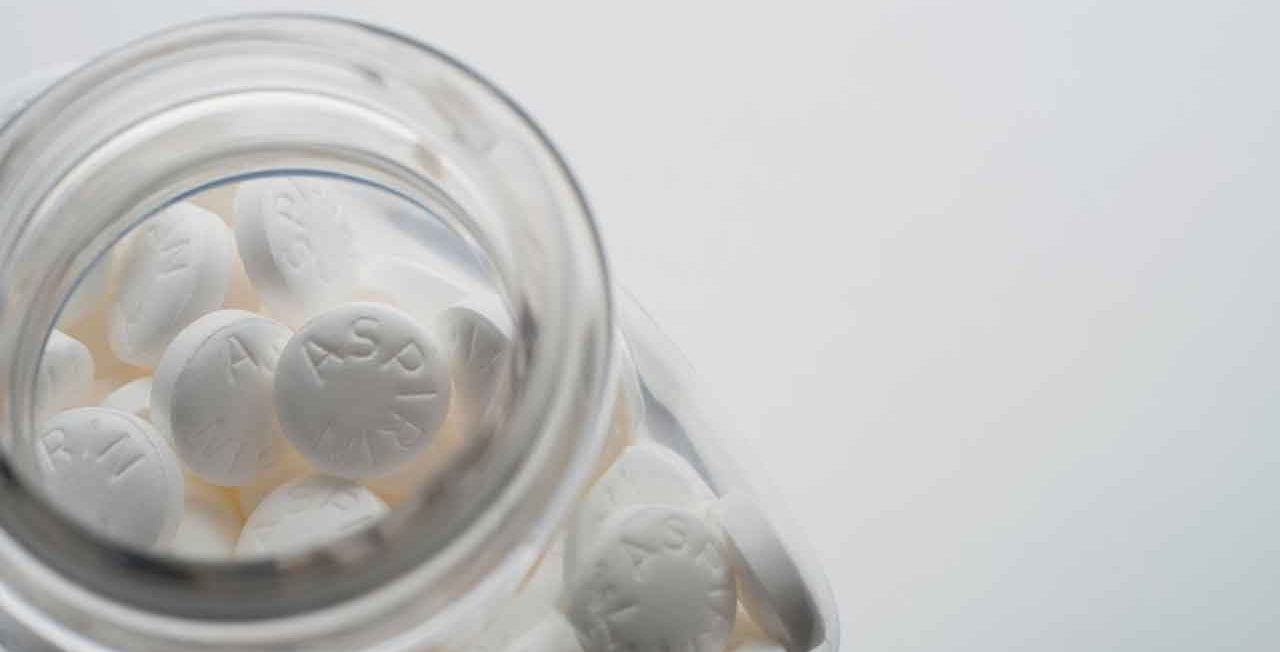Can Aspirin Prevent Cancer?

Among the benefits of taking low-dose aspirin, cancer prevention is becoming an area of research. Here's what you should know about aspirin and cancer.
Epidemiological studies have demonstrated that aspirin in low doses can help protect people against cancer, but not why. The answer, according to researchers in Oregon, may be because it interferes with blood platelets.
Platelets are blood cells that promote a particular protein, called c-MYC, which rules the expression of many genes involved in cell growth. But studies have shown an overabundance of c-MYC when people develop various cancers. While in your blood, tumor cells may stimulate the platelets to activate more c-MYC.
“Early cancer cells live in what’s actually a pretty hostile environment, where the immune system regularly attacks and attempts to eliminate them,” said Craig Williams, PharmD, co-author of the Oregon study. “Blood platelets can play a protective role for those early cancer cells and aid metastasis.”
YOU MIGHT ALSO LIKE: Our Cancer Care Section
Aspirin, in suppressing platelets, seems to interrupt that role, potentially stopping cancers in an early stage. The good news is that aspirin has the same effect on platelets in a 81-mg baby aspirin dose as in the 325 mg people use to treat inflammation or pain — and the low dose is much safer for your stomach.
Should you take a baby aspirin a day? A pill costs about 2 cents and has many possible benefits. As you age, low-grade inflammation — your immune system’s response to any threat or hurt — makes it harder for your heart to do its job. It’s not clear why age leads to more inflammation, but research suggests that inflammation contributes to many problems associated with aging, and aspirin reduces it.
What is known is that aspirin helps prevent a second heart attack or stroke. Its benefits in cutting the chance of cancer will probably be modest and slow to set in, but aspirin may protect more than one part of your body, including your colon and prostate. Studies are testing the effect of a daily low-dose of aspirin on other problems that come with age: broken bones, hearing loss, and mental decline.
There are drawbacks to taking aspirin, however. The drug thins your blood, helping to prevent the blood clots in strokes, but it increases your chances of bleeding in your digestive track and brain, which can be deadly.
It’s also important to know that enteric-coated (or buffered) aspirin doesn’t completely protect your stomach. The risk of bleeding is relatively small, however, for people under the age of 59, according to the U.S. Preventive Services Task Force.
That group recommends taking a baby aspirin to prevent heart disease and colon cancer under certain conditions — if you are in your 50s, have a 10 percent or greater risk of getting heart disease in the next decade, and don’t have any risk factors for bleeding.
The Food and Drug Administration has concluded that it’s best to talk to your doctor if you’re considering taking aspirin daily. Your doctor may recommend combining daily aspirin with a prescribed drug that protects your stomach, such as a proton pump inhibitor.
Be sure to discuss your history of stomach problems or high blood pressure and other medications you may be taking, such as an over-the-counter inflammatory for arthritis. Combining medications changes the risk.
There’s another way to reduce your body’s inflammation that doesn’t carry the risk of stomach bleeding: exercise, ideally a half hour, five days a week. Your diet counts, too. As you’ve heard before, vegetables are your friends.
Updated:
June 09, 2023
Reviewed By:
Janet O’Dell, RN